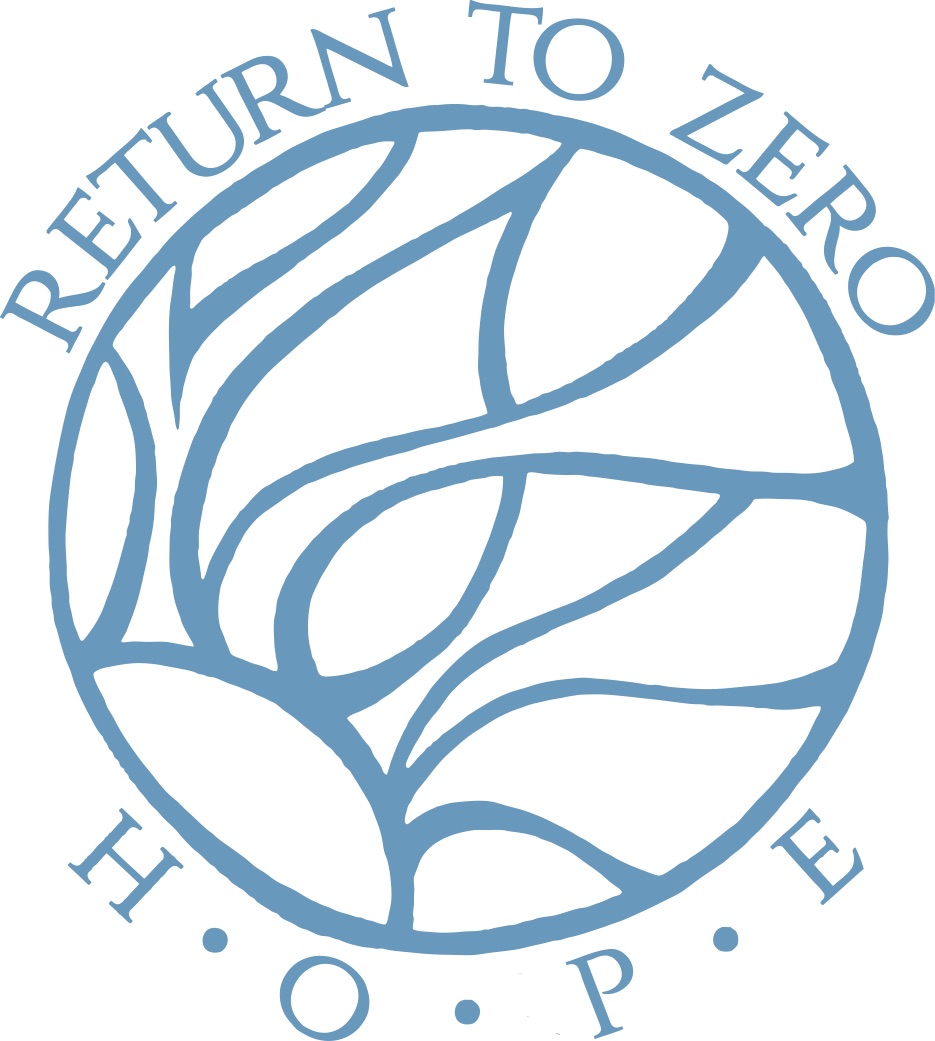At the Hospital
We are deeply sorry for your loss. Please know that there is not any one, perfect way to walk through this process, nor is there much anyone can do to prepare for such a heartbreak.
This information is available in the following languages: French (Français), German (Deutsch), Portuguese (Português), Spanish (Español), Turkish (Türk), and Russian (русский)
We want you to know you are not alone. Other parents in your situation have contributed to this guide, developed to give examples of actions you might consider at this time. We hope it will make the only moments with your child beautiful, peaceful, and without regret.
We are passionate about giving parents access to helpful information when they need it most. Additional translations of this guide are available via the links below, and printed perinatal bereavement cards in English and Spanish may be ordered here.
IF YOUR BABY HAS DIED IN-UTERO
SLOW DOWN, there is no rush (unless medically necessary).
Ask a family member or close friend to make calls to notify others that your baby has passed away.
Request a room at the end of Labor & Delivery or on another floor to ensure a quiet space.
Ask the nurses to describe what your baby will look like after they are born.
You may also decide to use a bereavement doula to support you during the birth process.
IF YOUR BABY WAS BORN ALIVE BUT IS NOT EXPECTED TO LIVE
In addition to the previous suggestions, the following may be helpful.
What are the final wishes you have for your baby? Would you like to take your baby outside in the sunshine, moonlight, or garden?
Ask the nurses to describe what you may see or hear during your baby’s dying process.
Request a private and peaceful space.
You may hold your baby as they pass.
AFTER YOUR BABY IS BORN, WE RECOMMEND:
Naming your baby
Having skin-to-skin contact with your baby
Rocking, holding, kissing, and cuddling your baby
Bathing your baby
Putting a diaper and clothes on your baby
Singing, playing music, or reading a book to your baby
Asking hospital staff for a lock of hair from your baby
Making hand and foot prints.
Taking photographs of and with your baby. This is your one opportunity to capture these images which you will cherish for the rest of your life. We recommend www.nowilaymedowntosleep.org or a local volunteer bereavement photographer through your hospital.
Requesting a religious service or ceremony in the hospital (i.e. baptism), if applicable.
Asking your care provider for a comfort cot or ice packs so you can prolong your time with your precious child.
You may also have the legal option to take your baby home for a home memorial/funeral should you desire it, even if you ask for an autopsy. If you do this, keep ice packs around and under the infant’s body at home.
AFTER YOU LEAVE THE HOSPITAL, WE RECOMMEND YOU CONSIDER:
Asking for someone to arrange meal delivery for when you get home.
Contacting a lactation consultant to help you decide whether you would like to suppress or donate your breast milk.
Creating an online memorial via Caring Bridge, Facebook to share your loss journey and create community.
Planning a memorial service.
Sending out Born Still announcements.
Checking if your state offers a Certified Copy of Still Birth or Fetal Death Record.
Seeking a perinatal bereavement mental health provider or support group in person and/or online.

